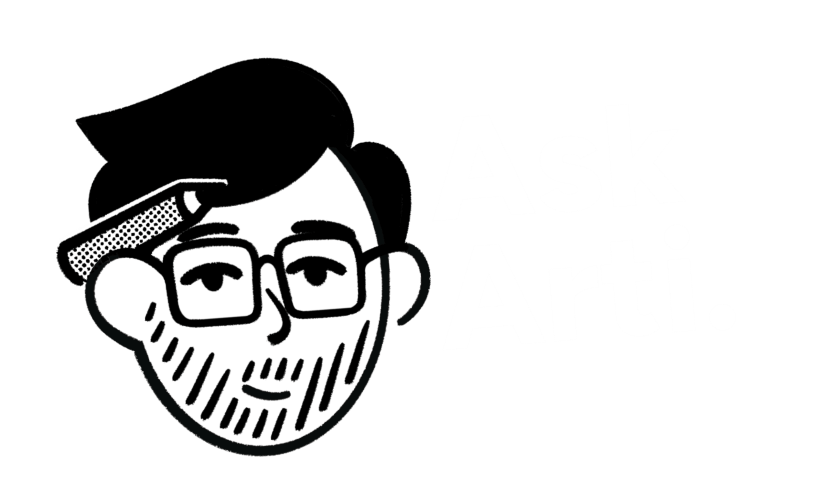Industry events are goldmines for networking, learning, and discovering new opportunities. Whether it’s a conference, trade show, or seminar, showing up prepared can make all the difference in how much value you take away. AI tools like ChatGPT, Claude, and Gemini can help you research attendees, anticipate trends, and craft meaningful talking points to maximize your impact.
Here’s how to use AI to prepare effectively for your next industry event.
1. Researching Attendees and Speakers
Prompt:
Create a summary of [Speaker/Company Name], including their recent accomplishments, focus areas, and potential relevance to my [Product/Service/Goals].
Why It Works:
Knowing who’s attending and what they care about ensures you approach conversations with insights that matter to them, making your networking more impactful.
2. Creating Personalized Talking Points
Prompt:
Draft personalized talking points for meeting [Person/Role] at [Company Name]. Include references to their recent projects, industry challenges, or trends they might be interested in discussing.
Why It Works:
Personalized talking points show you’ve done your homework, making your conversations more engaging and memorable.
3. Identifying Key Sessions and Trends
Prompt:
Analyze the agenda for [Event Name]. Highlight key sessions, emerging trends, and topics relevant to [Industry/Role/Goals].
Why It Works:
Large events can be overwhelming. This prompt helps you prioritize sessions and focus on trends that align with your objectives.
4. Crafting Elevator Pitches
Prompt:
Write a concise elevator pitch for introducing myself and my [Product/Service] at [Event Name]. Tailor it to resonate with professionals in [Industry/Role].
Why It Works:
A strong elevator pitch ensures you make a great first impression and communicate your value clearly.
5. Preparing for Networking
Prompt:
Create a list of icebreaker questions and topics to discuss with professionals in [Industry/Role] at [Event Name].
Why It Works:
Networking can be awkward without a starting point. This prompt helps you initiate meaningful conversations and build rapport.
6. Generating Follow-Up Plans
Prompt:
Draft a follow-up email template for connecting with people I meet at [Event Name]. Include space to reference specific conversations or shared interests.
Why It Works:
Timely and personalized follow-ups help you turn event connections into lasting professional relationships.
7. Gathering Competitive Intelligence
Prompt:
Research [Competitor Name] and their participation in [Event Name]. Identify any announcements, products, or strategies they might showcase.
Why It Works:
Understanding what competitors are presenting helps you position your offerings effectively and stay ahead in conversations.
8. Anticipating Questions
Prompt:
Predict common questions I might be asked about [Product/Service] at [Event Name] and suggest concise, impactful responses.
Why It Works:
Anticipating questions ensures you’re ready to provide clear and confident answers that resonate with your audience.
Actionable Steps to Get Started
- Define Your Goals: Determine what you want to achieve at the event—networking, learning, or pitching.
- Leverage AI for Research: Use AI to gather insights on attendees, speakers, and trends.
- Prepare Key Messages: Craft your elevator pitch, talking points, and follow-up plans in advance.
- Engage and Adapt: Use your preparation as a foundation but remain flexible to adapt to real-time opportunities.
AI: Your Event Prep Superpower
Attending industry events with the right preparation can transform your experience from average to outstanding. By leveraging AI, you can walk in with a clear plan, tailored insights, and the confidence to make meaningful connections and maximize your impact.
Found this guide helpful? Share it with your team or on LinkedIn, and let’s help more professionals conquer industry events with AI!

